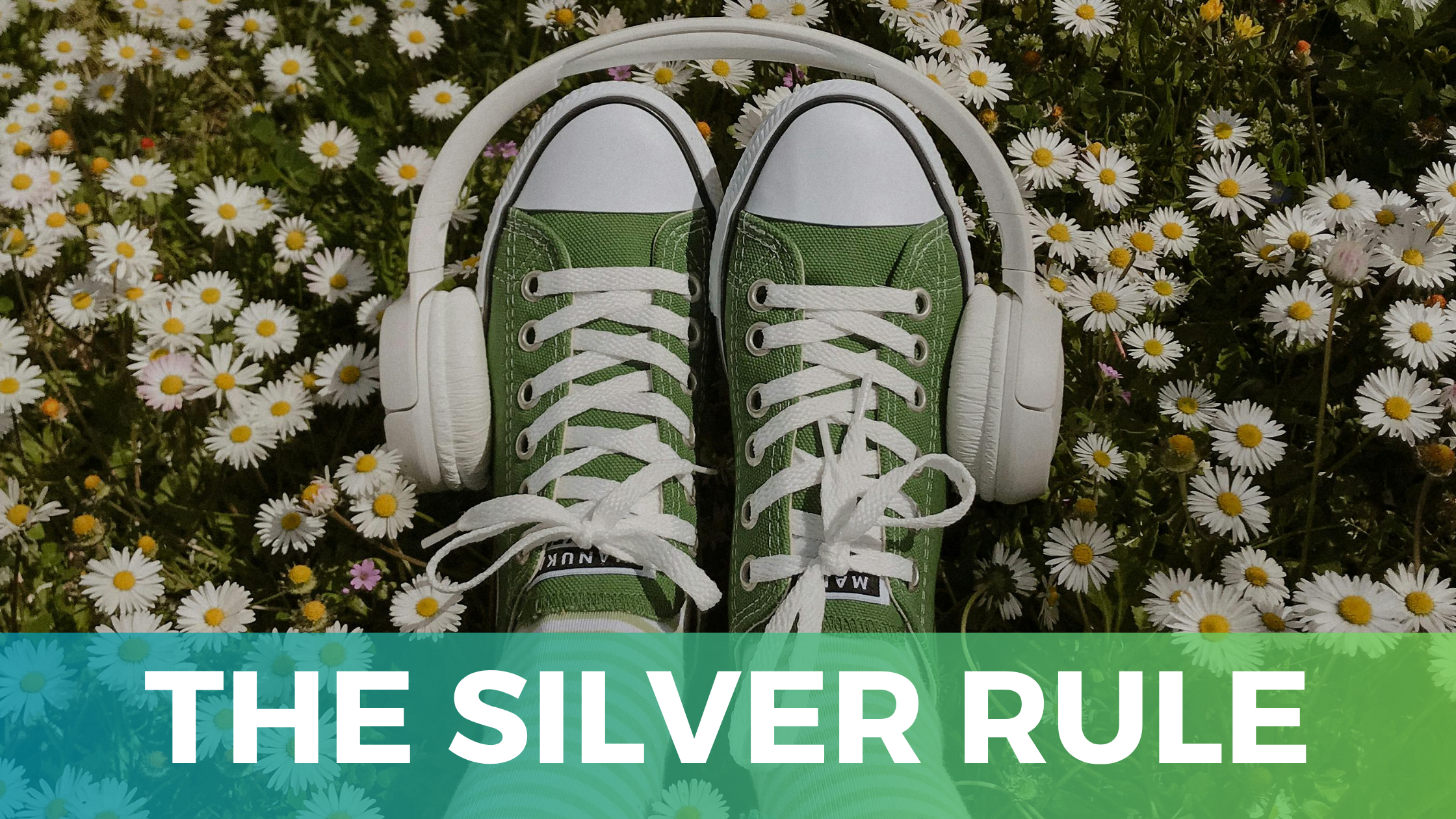Most of us are familiar with the Golden Rule: “Do unto others as you would have them do unto you.” However, an even more important rule for high-performance people is the Silver Rule: “Do not do to others what you would not want others to do to you.” The Golden Rule focuses on doing good, while the Silver Rule focuses on preventing harm.
Applying the Silver Rule keeps us humble, thoughtful, and empathetic. Often, we are so enamored with our own ideas and initiatives that we forget the negative impact of our behaviors on others. The practical application of the Silver Rule is to eliminate our own limiting behaviors.
There are several specific areas where applying the Silver Rule makes us better human beings in a professional environment:
“Yes, but …”: This phrase means that you can ignore everything before the word “but.” It’s much more effective to use “Yes, and …” or simply say no.
Adding too much value: A few years ago, I decided to buy a new television. I did my research and found the model I wanted online. I went to the neighborhood electronics shop to buy it. Instead of making an easy sale, the enthusiastic sales professional began explaining all the features and technical details. After 10 minutes, I cut him short, went home, and bought the TV online via Jumia.com. This is called adding too much value. In an attempt to impress others, people provide so much information that they become annoying. A simple technique to avoid this trap is to pause, take a breath, and ask if you should continue. Sometimes, the best way to improve effectiveness is to simply stop talking.
Listening to reply: People who listen only to respond can’t wait to monopolize the conversation and introduce their own point of view. This behavior is infuriating. Listen to understand instead.
Preemptive excuses: Have you ever heard someone say, “I don’t want to be rude, but …”? It’s usually followed by something rude. Preemptive excuses allow unacceptable behavior. This is unprofessional and conveys amateurism. Think of a speaker who starts by saying, “I’m not a good speaker.” Instead of delighting the audience, it fills them with dread.
Negativity: If your default response to new ideas is to explain why they won’t work, you will create an environment where no one brings you new ideas. Negativity kills drive. It’s the difference between being curious and being convinced.
Winner’s obsession: When I was a student, I joined the debating team and soon applied those skills to my social circle. Three months later, I didn’t have a social circle left. Winner’s obsession means treating everything as a duel to be won. This behavior is toxic and quickly repels people.
Right at all costs: In the early days of Uganda, Obote (former president) attacked the Royal throne of the Buganda Kingdom. This was the right decision, but emotionally, it created resentment. Being right is not the same as being effective. Do you want to be right, or do you want to be effective?
Unfiltered verbalization: King Henry II of England once said, “Will no one rid me of this troublesome priest?” Four knights interpreted this as a command and murdered Thomas Becket in Canterbury Cathedral. Leaders must be careful with unfiltered speech; it may be interpreted as a command, instead of opening a conversation.
Exaggerated language: “He never listens.” “She’s always late.” “No one takes initiative.” “Everyone disagrees.” These are examples of exaggerated language. Exaggeration steers conversations in the wrong direction and makes discussions defensive. Use precise language and specific examples to help people improve. For instance, “This report is not up to your usual standards of precision” is more constructive than “You’re always sloppy.”








